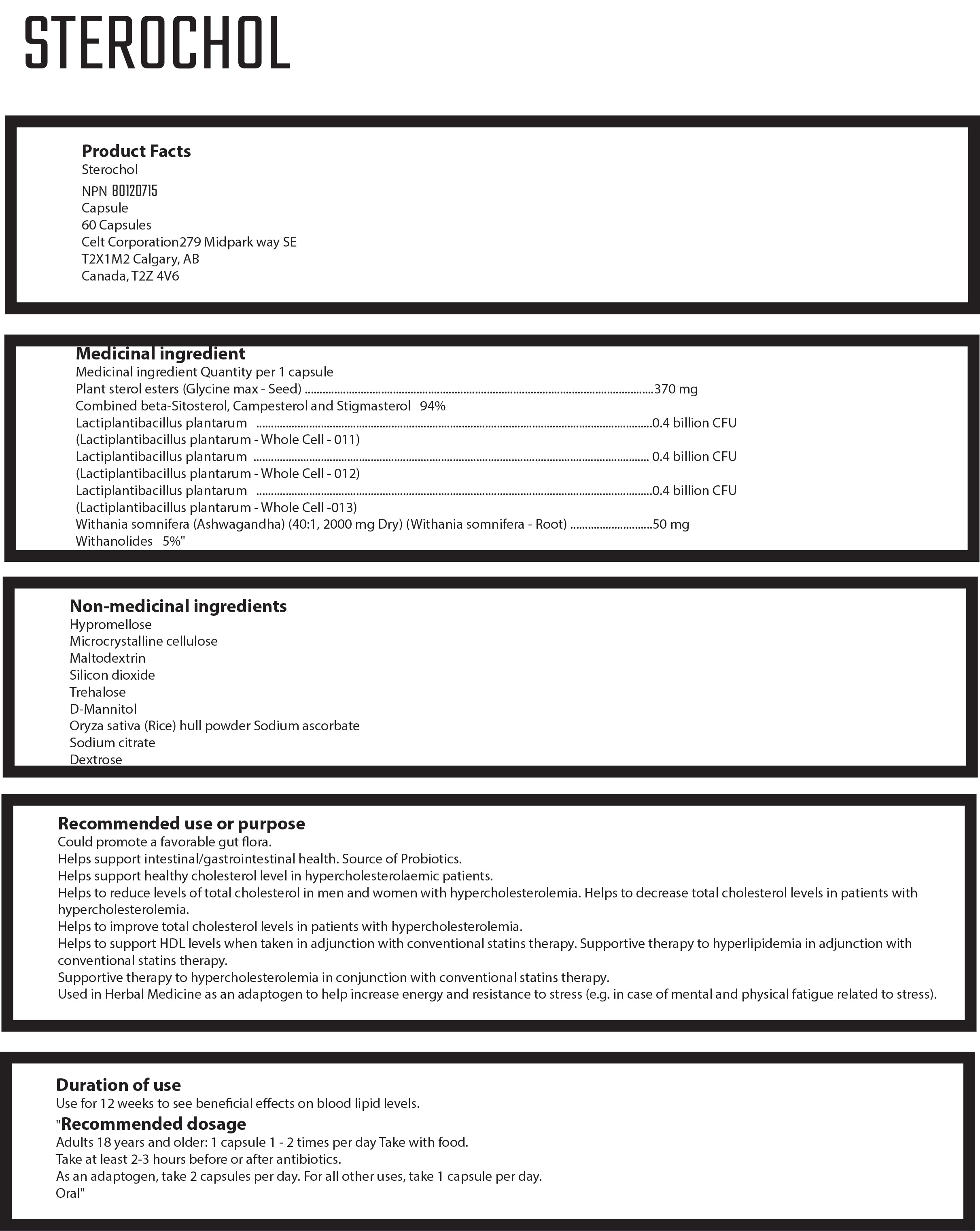CHOLESTEROL
With all of the bad publicity cholesterol gets, people are often surprised to learn that it’s actually necessary for our existence. Cholesterol is crucial for building the structure of cell membranes, producing hormones, as well as healthy brain function, including learning and memory. Yet, you can have too much of a good thing! Luckily, you can begin lowering your cholesterol levels naturally as soon as today, by making the necessary lifestyle changes and exploring the numerous cholesterol-lowering benefits of Celt Naturals Immuno-Care.
What Is Cholesterol?
Cholesterol is a waxy type of fat, or lipid, which moves throughout our bodies in our blood. Our bodies naturally produce cholesterol, but we can also get it from animal foods. Cholesterol is both good and bad. At normal levels, it is an essential substance for the body. However, if concentrations in the blood get too high, it becomes a silent danger that puts people at numerous health risks.
High cholesterol levels
Having enough cholesterol to meet your needs is important. But, having too much cholesterol can cause problems. If cholesterol levels are high, the condition is called hypercholesterolemia. Too much cholesterol can block blood vessels and make a person more susceptible to heart disease or a stroke.
The “bad” cholesterol
There are two types of cholesterol:
- Low-density lipoprotein (LDL): Cholesterol that travels in this way is unhealthful or “bad” cholesterol.
- High-density lipoprotein (HDL): Cholesterol that is present in HDL is known as “good” cholesterol.
LDL is often referred to as “the bad cholesterol”. You might find this confusing since we always hear about how we should lower our cholesterol levels. However, LDL is “bad” because it can build up on the artery walls and make them narrower, thus causing blockages and preventing them from carrying oxygen-rich blood away from your heart to all other organs in the body.
How do Immuno-Care Lower Cholesterol Levels?
One of the numerous benefits of Immuno-care is that it battles the risk of numerous health problems, by reducing the concentration of bad cholesterol in your blood. Wondering how to lower cholesterol levels with Immuno-Care®? Here’s how it works:
Plant Sterols
In a double-blind study conducted at the University of Guelph, Celt Naturals Immuno-Care® significantly reduced circulating levels of low-density lipoprotein (LDL) cholesterol (the “bad” cholesterol) and increased circulating levels of high-density lipoprotein (HDL) cholesterol (the “good” cholesterol). Abundant in 300 mg of plant sterols, only one capsule of ImmunoCare a day will keep your cholesterol levels under control and, thus, reduce the risk and negative effects of cardiovascular disease.[1, 2, 3]
Immune system protection and regulation
Eating too much-saturated fat or trans fats can result in unhealthy cholesterol levels, as well as being overweight. Rich in antioxidants and other nutrients, Immuno-Care® successfully regulates your immune system, so it would give it a boost and help it function correctly. However, don’t forget about incorporating other healthy lifestyle habits into your daily routine, as well.
The effects of Immuno-Care® on blood lipid parameters in experimental and placebo groups, from Day 0 to Day 28:

Clinical Study on Celt Naturals Immuno-Care® and its Effect on Cholesterol
**Statistically significant, p<0.05.
- Pilot Clinical Trial on Celt Naturals Immuno-Care®. Laidlaw M Dept Human. Nutraceutical Research, University of Guelph, March 2005.
- Plant Sterols and Stanols Lower LDL Cholesterol Concentrations in Hypercholesterolemic Persons. Vanstone, Raeini-Sarjaz et al. An. Jnl. Nutr. 2002 Dec;76(8).
Optimising the Effect of Plant Sterols on Cholesterol Absorption in Man. Mattson Grundy et al, Am. Jnl. Clin. Nutr. 1082 Apr;35(4).

